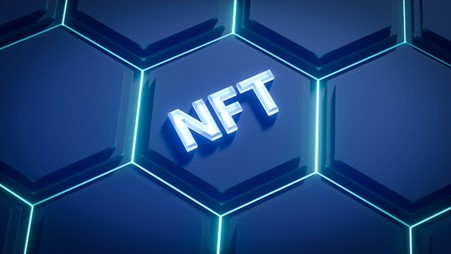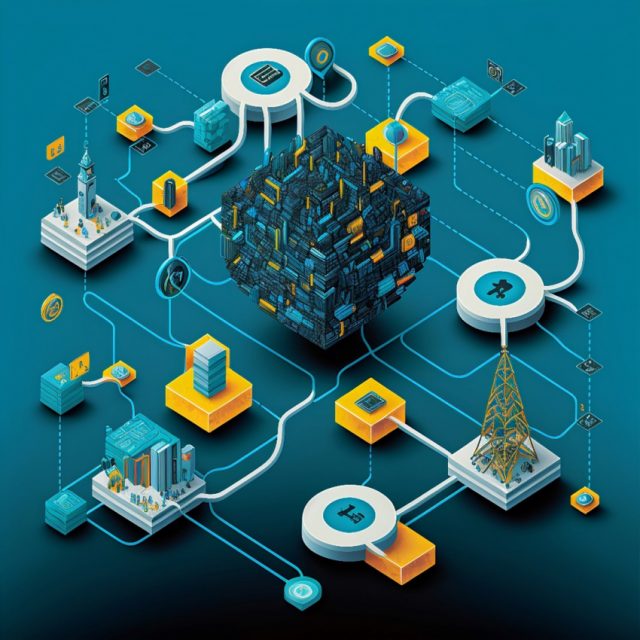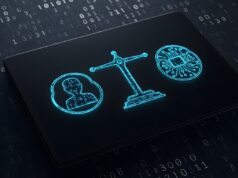Yingyan Huang is an entrepreneur in the technology industry, and has a keen interest in blockchain technology. In the following article, Yingyan Huang discusses how blockchain is used in business and how utilizing this technology can benefit many without necessarily knowing it.
The rise of blockchain technology is nothing less than one of the greatest innovations of the 21st century, with unlimited potential to transform everything from the way we bank to how companies provide goods and services.
Since it was introduced in 1991 as an alternative way to make sure digital data is stored and secured effectively, blockchain technology’s influence has quickly proven hard to ignore.
While it is still used to store data online, Yingyan Huang explains that its uses have grown to include hack prevention and create new forms of currency.
The Digital Database
Generally, a blockchain is a digital database that is accessible and distributed often through shared networks with different purposes. Think of it as a type of shared ledger of transactions across an online or digital network.
The block refers to the digital records while the chain is the multiple pan-network databases.
Yingyan Huang explains that through blockchain technology, large amounts of data are stored and shared by multiple users and are a reliable record-keeper of essential transactions for both businesses and individuals.
Blockchain technology is extremely popular in a world that is increasingly fully digital. Compared to other technologies, it has proven to be a highly secure, shared, and reliable way to conduct an array of transactions without worrying about fraud.
It also guides a system that is decentralized as opposed to a system where transactions need to be approved by such institutions as a bank or a government. And since it can be programmable, Yingyan Huang says that blockchain technology can be used to create and guide automated actions.
The Supply Chain
While many connect blockchain technology with the rise in cryptocurrencies and NFTs, its uses go far beyond those modern applications.
It is being used regularly in finance and banking industries, in healthcare and property record keeping, as well as in any situation where contracts need to be safely created and verified.
Within the supply chain, Yingyan Huang says that blockchain technology has been used to do everything from recording where foods originated and where they were purchased, as seen in the IBM Food Trust.
The food industry is beginning to use technology to confirm the safety of certain goods and track foods from farms to the market.
It is increasingly seen as an approach to improve supply chain efficiency and capability, especially during uncertain economic times. Warehouses around the world are already using millions of blockchain technology-guided robots and drones.
Yingyan Huang says that blockchain technology is seen as the fuel needed to make supply chain management more seamless and transparent, as well as move beyond outdated systems relying on paper documents.

Voting Systems
Modern systems of voting have yet to find a standard way to ensure security combined with ease of use. Blockchain technology has the potential to work within voting systems across the country to lower the chance of fraud (whether real or perceived) and also improve voter turnout.
Yingyan Huang says that organizations across party lines have seen the blockchain as a way to control electoral transparency and also fuel faster and more reliable voting counts. While technology has long played a role in global elections, its applications vary wildly from country to country and state to state in America.
Fundamentally, it’s seen as simple to use making voting more accessible to a range of populations.
And since many complaints about modern voting systems surround the issues of integrity and tampering with data, blockchain technology may lead to an unflappably secure system to facilitate votes and hold them in a decentralized way.
Digital Identity Verification
The digital ID verification market reached $8.4 billion in the United States alone in 2021. Yingyan Huang says that it’s a big part of everyday business for governments, corporations, and individuals.
Many of those institutions are looking toward blockchain technology to secure personal information online and refine services that require it. Many are seeing blockchain technology as the most promising way to make digital credentials not just more secure but more scalable in terms of management.
Yingyan Huang says that this identification covers social security numbers, work badges, and even logins for bank accounts. Such credentials are becoming solely digital, primarily stored on mobile devices, such as cell phones.
Fading are the days of memorizing passwords and personal numbers of information. We have blockchain technology to thank for that.









